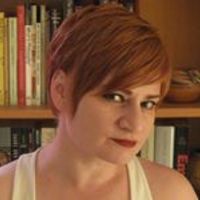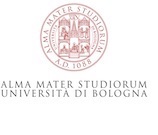Psychoanalysis in an International FrameCoordinated by ANNA FISHZON WORKSHOP
|
 |
|
Psychoanalytic thought has, since its inception, been in dialogue with and has been partially constituted by feminist thinking. In its early years, many thought with and against Freud on the topic of female sexuality and femininity, for Helene Deutsch to Karen Horney, and from Karl Abraham to Ernest Jones. Feminist psychoanalysis contended with masculinist thinking and did much to change it. In feminist thought more generally, psychoanalysis has had a mixed status. Some have rejected it more or less wholesale, others have had more measured responses, and there have been elaborate and important interventions from feminist thinkers working within particular psychoanalytic traditions (for example, the Lacanian, the Freudian, or the Kleinian). The imbrication of psychoanalysis with feminism has been massive, and more often than not, it has shared with other strands of psychoanalytic social theory more generally, a deep investment in western Marxist analysis of culture following the work of critics such as Louis Althusser. From the 1970’s on, the discourse linking feminism, sexuality studies, and psychoanalysis has been vibrant and has been among the most compelling forms of critical analysis attempting to grasp what Jacqueline Rose, and later Judith Butler, understood as the psychic life of power. What that body of work often failed to engage until more recently, however, was that psychoanalysis imagined itself from its inception at the turn of the twentieth century as an international force. Psychoanalytic institutes emerged all over the world in the early years of Freud’s work, and his correspondence with those setting up institutes or grappling with local conditions and psyches marks psychoanalysis as a particular internationalist modernist enterprise, syncretic in its constitution, and open to debate. We will be coming to grips with the world, or perhaps more appropriately, the worlds of psychoanalysis, how it came into formation at a particular moment of empire and of state formation, how it spread, became distinct in its formation, how it erred from its original path but was informed by it, and how we understand those questions through a lens of sexual difference. Reaching back and forward we will address its various functions and foreclosures, its potentialities and its limitations. |



